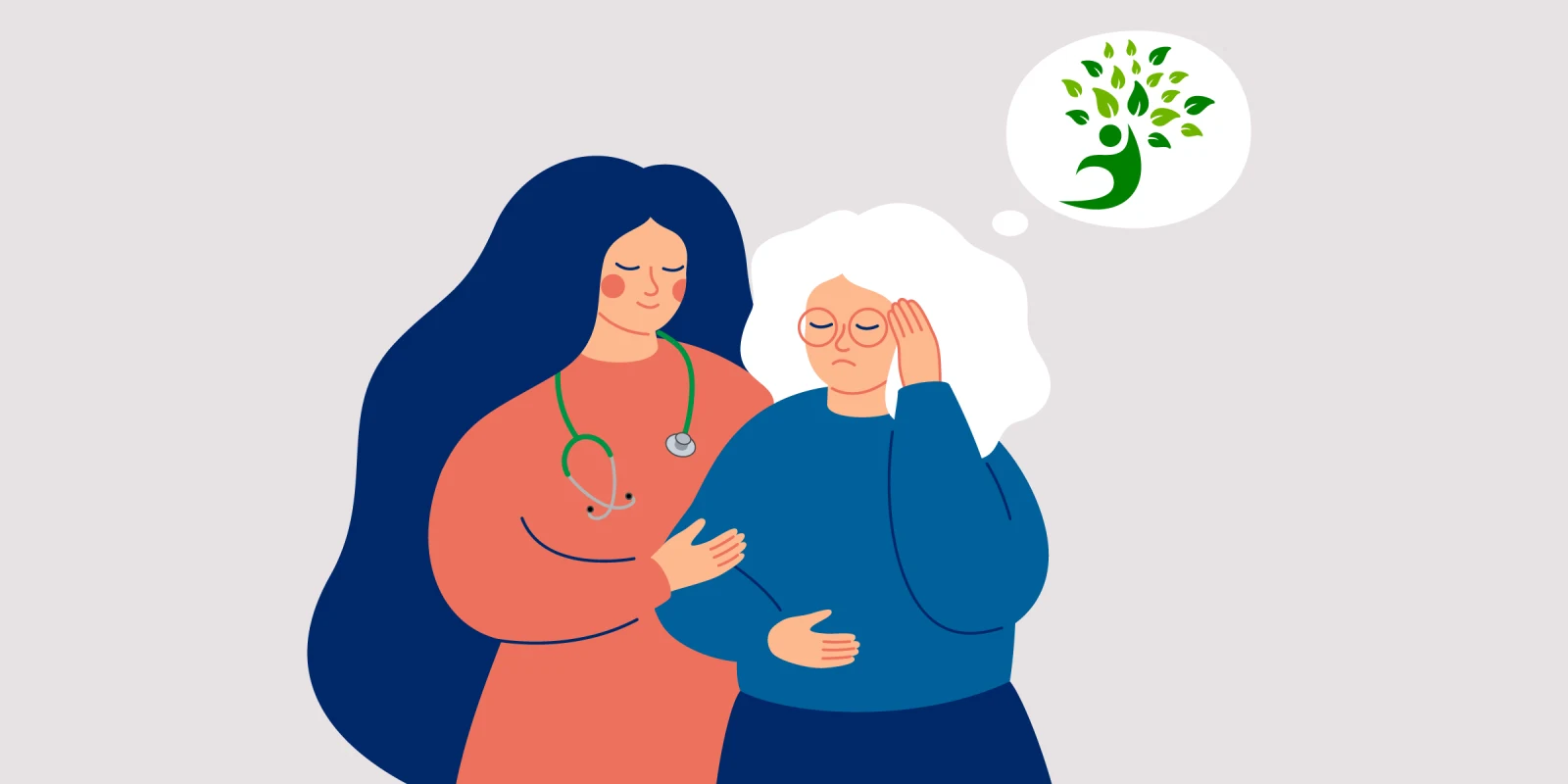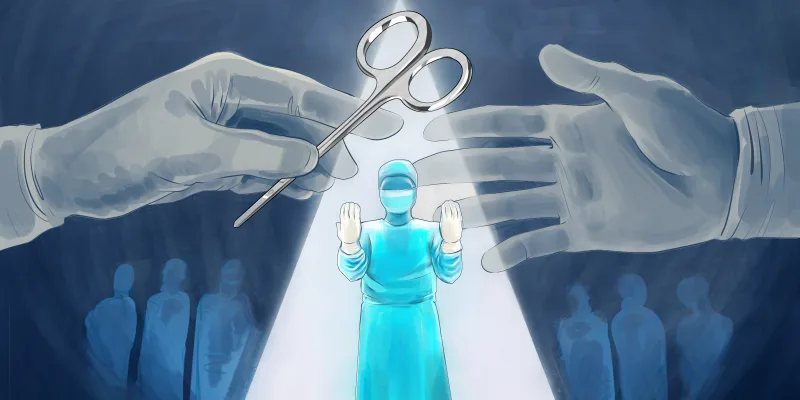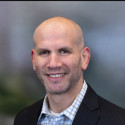Time and time again, I am amazed by the elderly patients I care for in New York City. Old women, 91 years old, who live on their own, buy their own groceries, and carry them home using the subway. Ninety-three year olds who started writing (and even publishing) books and poems after developing debilitating eye disease. Men and women in their late 80s exercising everyday — swimming, biking, tennis. Every time I meet one of these elderly superhumans, the following question crosses my mind: How can I age as well as this person?
The classic definition of successful aging, put forth by Rowe and Kahn, is high physical, psychological, and social functioning in old age without major diseases, though several cross-cultural studies also include family and spirituality as factors. In my mind, aging well means maintaining physical, social, and mental faculties even at an advanced age. I’ve often wondered how my patients are able to successfully age across all three sectors.
Physically, cardiovascular disease, diabetes, and falls are very common age-related problems. In discussing the incredible physical health of many of my elderly patients, exercise is a clear common denominator — many of my patients are still able to engage heavily in sports, and navigate through the city to do so. In terms of social function, maintaining an active social life and independence of thought are critical. In New York City, many of my patients express to me the importance of being able to do things on their own. Often, even when they are offered help with a task, these patients refuse aid and finish it on their own, no matter the difficulty. Finally, my patients’ mental faculties, which are the most difficult to maintain, are what I consider most impressive. Dementia affects about 5 million people in the United States, or about 1.6% of the population, with the number expected to rise to about 14 million by 2060. Though we have no definitive answers regarding the cause(s) of dementia, leading a healthy lifestyle may be protective. Many of my New York City patients continue to work, take up hobbies, and, most importantly, continue to make their own decisions and live their own lives.
Several studies have suggested factors associated with aging well that support the narratives given by my patients. One qualitative study of older Palestinians showed that a physically enhanced lifestyle, participation in social and leisure activities, healthy eating habits, having a purpose in life, and being intellectually engaged are all important for aging well. Other studies show that health and social resources, as well as life management and coping skills, play a part in successful aging. Depression and negative outlook have also been shown to have a negative impact on successful aging.
Though aging well, especially in today’s world, is possible, some factors are not always within a person’s control. Genetic predisposition to physical illness or mental decline, the death of a spouse or loss of support systems, and financial inability to maintain social function are all factors that can preclude healthy aging. Recently, The COVID-19 pandemic provided yet another example of how much is outside anyone’s control. In one survey conducted in 2020, 59 of 150 patients older than 70 years old reported worsening mental and physical health during the pandemic. Loneliness affected 57% of survey participants, and 50% reported a decline in their quality of life during the quarantine.
As clinicians, we should optimize factors within our control to improve quality of life for our elderly patients. This includes encouraging patients to exercise and maintain independence, advocating for policies to promote healthy aging, supporting the maintenance of active social lives and community involvement, and helping patients adapt to technology changes. These are small steps we can take in supporting the quality of life of older people. Finally, simply checking in with our patients about their lives and the socioeconomic factors that may impact their ability to take good care of themselves is the most important thing we can do.
One of the reasons I chose to pursue ophthalmology was the opportunity it offers to work with a unique demographic. Older patients have much to offer in wisdom and experience, as well as great socioeconomic and physical need. My patients in New York City serve as an inspiration to me to treat my mind and body better in order to continue to lead a full and productive life, even when I reach an advanced age.
Have you cared for patients that inspired lifestyle or perspective changes in your own life? Share in the comments!
Dr. Karani is an ophthalmology resident at the Columbia University Medical Center in New York City. She completed her MD/MPH at Johns Hopkins University School of Medicine and is passionate about taking care of patients and understanding their stories, solving public health issues affecting underserved populations, and writing about her experiences. She is a 2020–2021 Doximity Op-Med Fellow.







